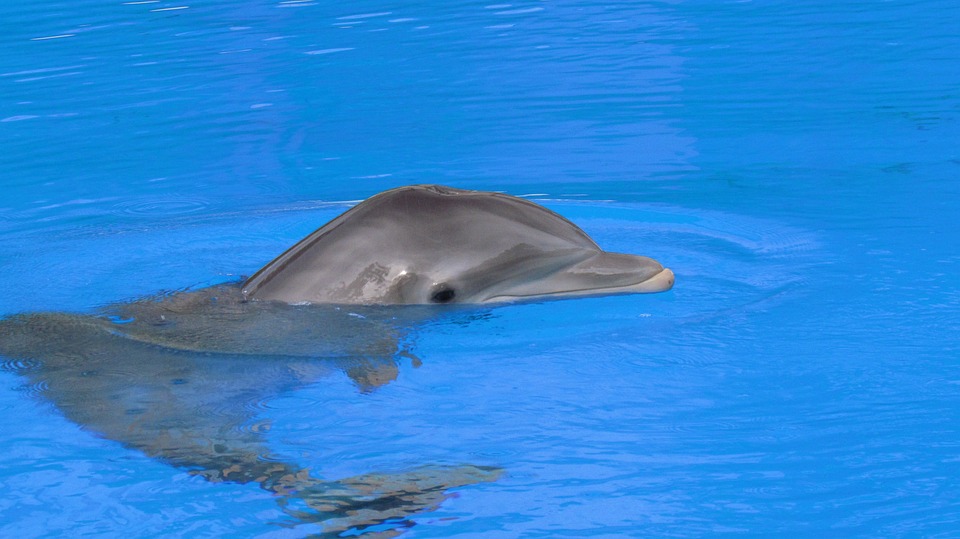Feeding your fish properly is crucial to their overall health and well-being. Just like any other pet, fish have specific dietary requirements that must be met to ensure they thrive in their aquatic environment. In this article, we will explore the feeding habits of fish tank fish, providing you with essential knowledge to keep your finned friends healthy and happy.
Comprehending the significance of feeding habits for fish tank fish is the first step in understanding their dietary needs. Proper nutrition not only affects their physical health but also has an impact on their behavior. Feeding your fish a balanced diet promotes growth, vibrant colors, and optimal organ function. It also helps prevent diseases and strengthens their immune system.
Understanding the different types of fish food available is crucial in meeting your fish’s dietary requirements. There are various options, including flake food, pellets, freeze-dried, and frozen foods. Each type has its nutritional content, so it’s essential to analyze the ingredients and choose the one that suits your fish species’ needs the best. Some fish require a protein-rich diet, while others may need more plant-based foods.
Determining the appropriate feeding frequency for your fish is another important aspect to consider. Most fish thrive with one or two daily feedings, but this may vary depending on the species. Research your specific fish species to determine their feeding requirements. Overfeeding can lead to health issues such as obesity, poor water quality, and digestive problems. On the other hand, underfeeding can result in malnutrition and stunted growth. It’s important to strike the right balance.
Observing the natural feeding behavior of different fish species is key to providing them with a suitable feeding environment. Some fish are surface feeders, while others prefer to search for food at the bottom of the tank. By understanding their natural behavior, you can mimic their feeding conditions in your aquarium. This may involve adjusting the water flow, placing food in different areas of the tank, or providing hiding spots for shy feeders.
Supplementary feeding may be necessary to enhance your fish’s diet. Live or frozen foods such as bloodworms, brine shrimp, or daphnia can provide additional nutrients and mimic their natural feeding habits. However, it’s important to research the specific dietary needs of your fish species and consult with experts or professionals if needed.
To address common questions, here are some FAQs:
Q1: How often should I feed my fish?
A: The frequency of feeding depends on the species of fish you have. As a general rule, most fish thrive with one or two daily feedings. However, research your specific fish species to determine their feeding requirements.
Q2: How much should I feed my fish at each meal?
A: It’s essential to avoid overfeeding your fish as it can lead to various health issues. As a guideline, offer an amount of food that your fish can consume within two minutes. If there is uneaten food after this time, reduce the portion size accordingly.
Q3: Can I feed my fish human food leftovers?
A: No, it is not recommended to feed your fish human food leftovers. Fish have specific dietary needs, and human food may contain ingredients that are harmful or unsuitable for them. Stick to high-quality fish food designed for their species.
Q4: Should I provide a varied diet for my fish?
A: Yes, providing a varied diet is beneficial for your fish’s overall health. Different fish species have different nutritional requirements, and offering a variety of foods ensures they receive a balanced diet. Consider supplementing their diet with live or frozen foods to mimic their natural feeding habits.
Q5: Can fish become overweight?
A: Yes, fish can become overweight if they are consistently overfed. Obesity in fish can lead to various health problems and a shortened lifespan. It is crucial to feed them appropriate portions and avoid excessive snacking.
In conclusion, understanding the feeding habits of fish tank fish is essential for promoting their health and longevity. By providing the right types of food, feeding in appropriate quantities, and observing their natural behavior, you can ensure your fish thrive in their aquatic home. Remember to research the specific dietary requirements of your fish species and consult with experts or professionals if needed. Happy fishkeeping!









